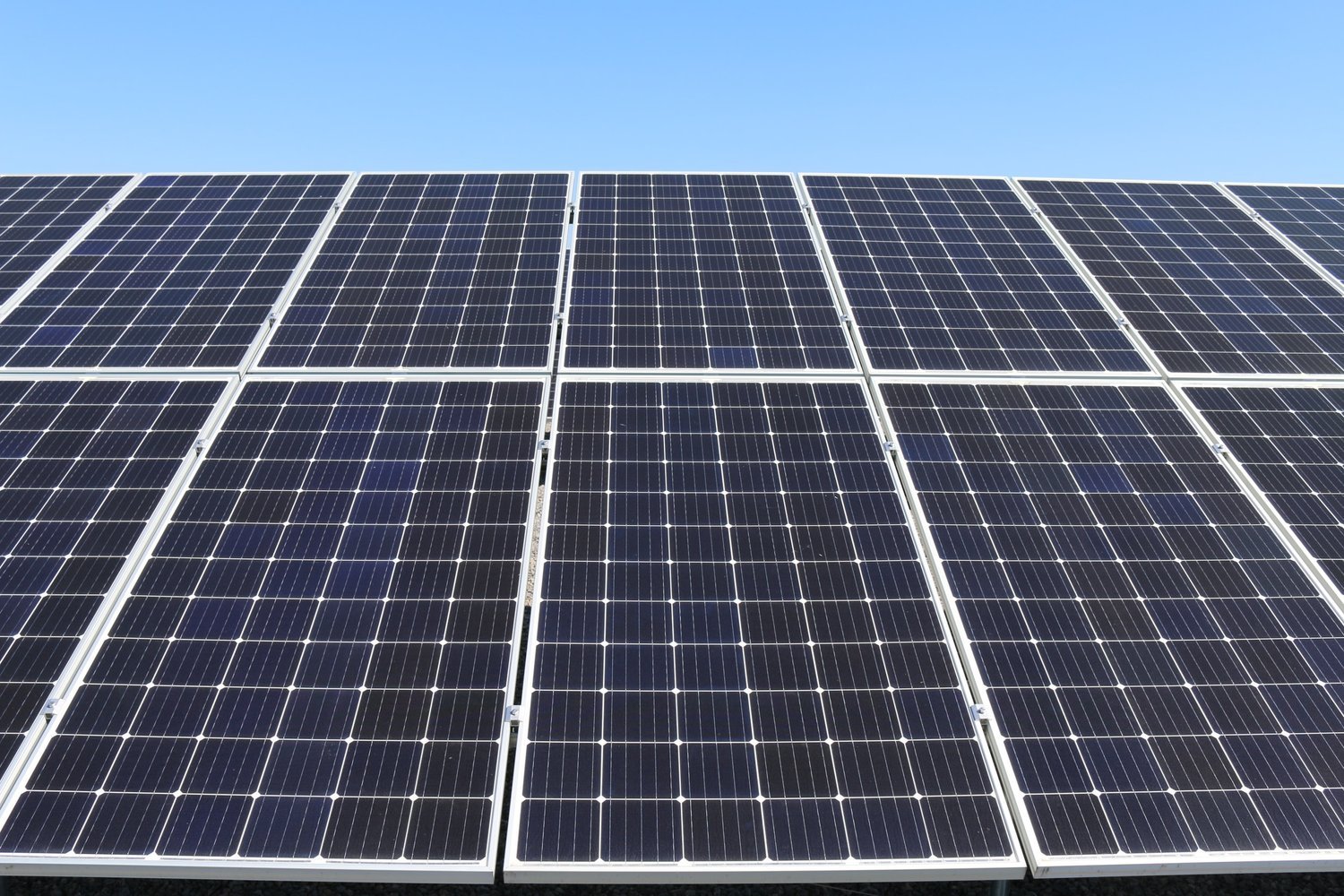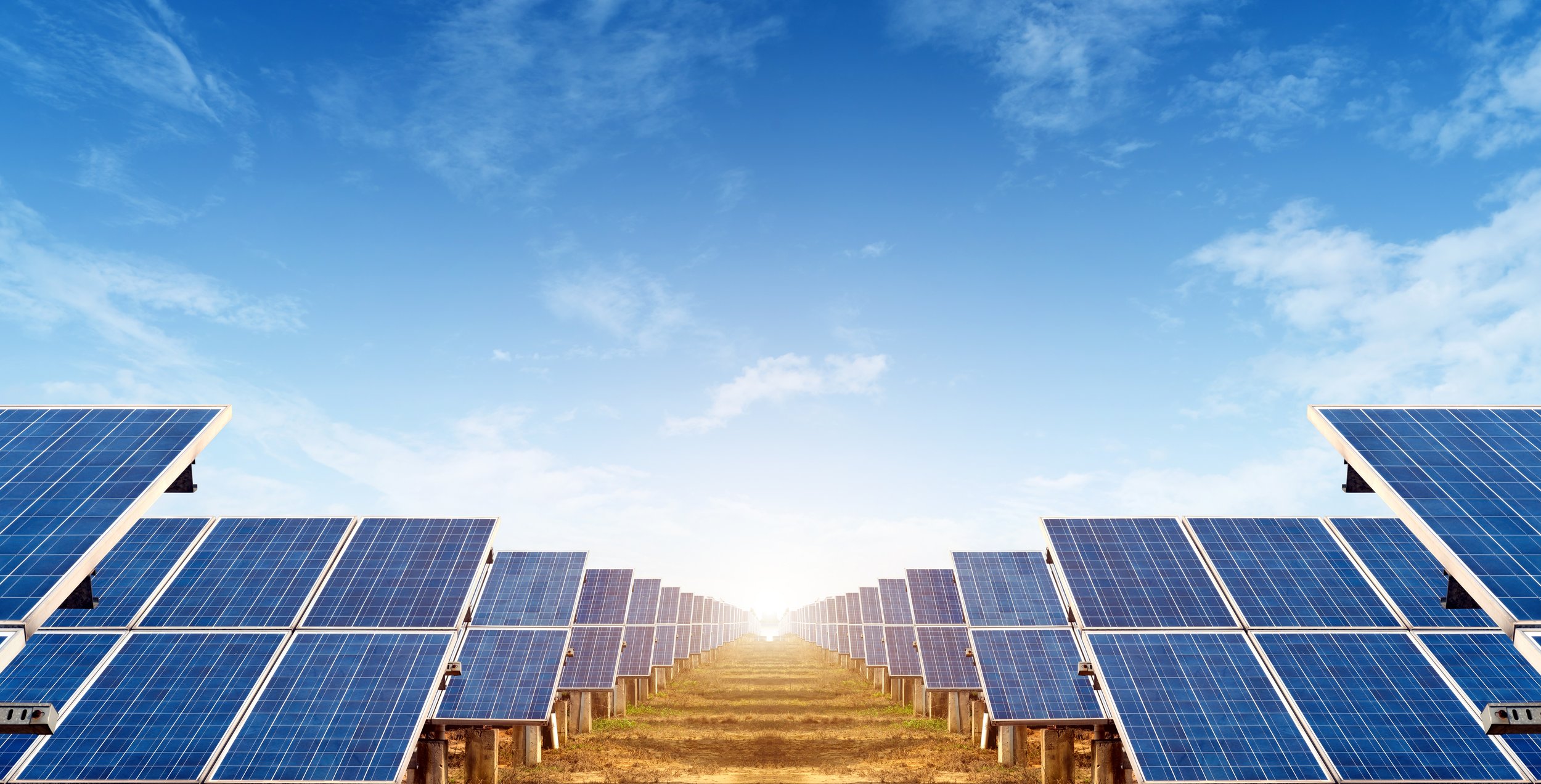Final Determination on the Governance of DER Technical Standards
Fast Facts
The AEMC’s final determination on the governance of distributed energy resources (DER) technical standards is consistent with its draft rule determination made on 16 December 2021, where the Commission indicated a preference to use existing powers and roles under energy laws to realise DER technical standards and integration. That is, the AEMC’s final determination is not to make a rule.
The final determination is in response to a rule change request submitted on 21 September 2020 by Dr Kerry Schott AO (then chair of the Energy Security Board). The request proposed new governance arrangements for DER technical standards to be established in the National Electricity Rules (NER) and if necessary, the National Electricity Retail Rules (NERR).
The final determination identifies five roles for the AEMC to perform, if needed, to address the need for new or updated DER technical standards for the NEM. These include:
Identifying when the NEM needs new DER technical standards;
Working with the Energy Security Board (ESB) and the Australian Renewable Energy Agency (ARENA)’s Distributed Energy Integration Program (DEIP);
Observing Standards Australia’s DER committees;
Updating DER technical standards in the NER; and
Reporting on progress adopting standards and integrating DER.
In relation to roles one and five, the Commission included draft Terms of Reference in the final determination for an AEMC-initiated review into the current state of play of DER technical standards in the National Electricity Market (NEM).
Background
For background to the rule change, refer to our previous RP Insights article on this topic here.
Key Issues
The AEMC’s preferable approach to DER technical standards
Rather than make a rule, the Commission has set out a plan to commence its next phase of work to support the development of DER technical standards and the realisation of DER benefits for consumers. The plan outlines five key roles that the Commission will play to enable the development of DER technical standards for the NEM:
Role one: Identify when the NEM needs new DER technical standards – following this final determination, the AEMC intends to immediately initiate a consultation process with stakeholders on its proposed terms of reference for considering the NEM’s priorities from DER technical standards;
Role two: Actively work with the ESB and ARENA’s Distributed Energy Integration Program (DEIP) to support existing work on DER technical standards – The Commission will continue to work with the ESB on its DER Implementation Plan, and ARENA’s DEIP workstreams on interoperability and dynamic operating envelopes (DOE);
[Refer to our separate Insights article on DER Interoperability Standards Insights for an update on interoperability policy and technical standards. In addition, earlier this month, DEIP published its Dynamic Operating Envelopes Outcomes Report. The Report is the outcome of extensive consultation undertaken by the working group over the last 18 months, and informs ongoing consideration by industry, governments, market bodies, and regulators of the role of DOEs for export management.]
Role three: Observe Standards Australia’s DER committees – The Commission will seek to expand its non-voting participation role in relevant committees, such as electrical metering equipment, minimum inverter standards, and smart energy;
Role four: Update DER technical standards in the NER – The AEMC will consider any rule change requests to add, update or amend technical standards in the NER, as required. That is, the Commission will rely on its existing rule making powers to consider whether or not DER technical standards should be enshrined in the Rules; and
Role five: Report on progress adopting technical standards in the NER – In conjunction with the work planned under role one, the AEMC will also assess the NEM’s progress towards adopting standards already introduced in the NER (such as minimum inverter standards that came into effect on 18 December 2021). The proposed scope of this role will include compliance and enforcement, interpreting existing standards, and interactions between the NER and other regulatory regimes.
The AEMC considers that it will perform these roles, where current processes are not addressing the NEM’s needs, using its existing powers under the national electricity laws – namely, to undertake a market review and convene an independent committee.
The AEMC’s response to the rule change request
In making its final determination, the Commission commented on the proposed rule change request. The request proposed new governance arrangements for DER technical standards to be established in the National Electricity Rules (NER), and if necessary, the National Electricity Retail Rules (NERR). The ESB had considered that new governance arrangements were needed to establish a consistent and efficient approach to new DER technical standards for the NEM.
The request proposed creating a standing committee under the NER, comprised of industry, consumer and market body representatives, to assess and make DER technical standards for the NEM and provide advice to the Commission on related issues.
The AEMC considered that the proposed approach was too rigid, time consuming and potentially more costly; rather existing powers set out in the energy laws provide maximum flexibility to address the issues raised by the rule change request. The Commission’s preferred approach also takes account of the work of the ESB and ARENA in progressing issues associated with DER technical standards, and the role of Standards Australia.
Draft Terms of Reference for AEMC review of DER technical standards
In relation to Roles one and five, the Commission has decided to initiate a review of DER technical standards, and included draft Terms of Reference (ToR) in the final determination. The Commission will now work with stakeholders to finalise the ToR, and commence the review.
The draft ToR state that “The review’s objective is to support DER’s successful integration for the long term benefit of electricity consumers. It will do this by assessing the NEM’s ‘state of play’ implementing DER technical standards and identifying necessary next steps for market participants, market bodies, and other relevant parties”.
The review will:
Identify existing activities in relation to DER technical standards;
Clarify the NEM’s needs for new DER technical standards;
Report on progress adopting and implementing DER technical standards across the NEM; and
Consider existing work on DER technical standards and identify potential gaps requiring further action.
Stakeholder views
Based on stakeholder submissions to the Draft Determination (and the earlier Consultation Paper), a range of stakeholders will likely be disappointed by this final determination.
While many stakeholders agreed that the AEMC has an important role to play in supporting the development of DER technical standards, many were unclear how the AEMC’s approach addresses the issues raised in the rule change request relating to governance of DER technical standards – in particular, the need for a fast, flexible and transparent standard setting process. While some stakeholders appreciated the need to reduce duplication, several stakeholders re-emphasised the need for an independent committee to drive forward a holistic plan on DER technical standards based on the long-term interests of consumers, and clear accountability for monitoring and enforcing compliance with technical standards. Also, while a handful of stakeholders supported the role of Standards Australia, others expressed concern that Standards Australia cannot keep up with the speed of DER adoption, and that it should be on the AEMC or an independent body to take on responsibility for determining common DER technical requirements (e.g., for interoperability and cybersecurity).
While not intended to be exhaustive, below is summary of stakeholder positions:
Ausgrid – agreed the AEMC has an important role to play in supporting the development of nationally consistent DER technical standards but recommended that the AEMC immediately establish a DER governance committee under its existing powers to ensure the appropriate development of technical standards by Standards Australia, or other relevant standard setting bodies;
CitiPower/Powercor and United Energy – raised concerns that the growth in solar PV has been accompanied by poor compliance practices that cost both solar and non-solar customers, and suggested that the CER and CEC have more capacity and expertise to oversee compliance and enforcement of technical standards than the AER or distributors;
Enphase Energy – considered the AEMC’s draft decision could only be a valid response if the AEMC decides to use its powers, and expressed concerned that Standards Australia, as a volunteer organisation, cannot keep up with the speed of DER adoption. Enphase suggested that the AEMC should focus on developing a DER technical standards roadmap, with accountability and timelines for development;
Clean Energy Council (CEC) – also considered that this could only be a credible response if the AEMC decides to use its powers. The CEC urged the AEMC to urgently establish a review to consider roles and responsibilities for DER technical standards, including an assessment of the economic impacts of proposed DER technical standards;
Energy Networks Association (ENA) – appreciated the need to reduce duplication but still believe there is a need for an independent committee, similar to the Reliability Panel, to drive forward a plan on DER technical standards in the long-term interests of consumers. The ENA proposed that the AEMC convene an independent committee under its existing powers as soon as possible;
Rheem – welcomed the draft decision as directionally appropriate, but called on the AEMC to take on responsibility for determining common DER technical requirements for issues such as interoperability and cybersecurity;
Energy Consumers Association (ECA) – suggested that the current governance process lacks an overarching policy framework, focused on consumer outcomes as the framing for the development of technical standards. The ECA suggest that a separate-standing governance body, overseen by the AEMC, could have filled this gap;
Smart Energy Council (SEC) – expressed disappointment in the draft determination as it fails to give the governance of DER technical standards the importance it deserves, and delays the substantive regulatory action needed;
Tesla – appreciated the work of the DEIP and ESB, but considered that there needs to be a clear distinction between the development of new DER technical requirements (i.e., interoperability, dynamic operating envelopes etc.), and the governance of how those requirements are developed. Tesla expressed concern that there has been no review of the roles and responsibilities across the multitude of bodies that are involved in DER development;
SA Government – generally supported the five roles identified by the AEMC, but considered that they do not address the issues raised in the rule change request relating to the need for a fast, flexible and transparent standard setting process;
Electric Vehicle Council (EVC) – agreed with the AEMC that the rule change request would not contribute to the achievement of the NEO or NERO, and that the existing Standards Australia framework facilitates close collaboration with international standards bodies, which is going to be critical for electric vehicles in Australia; and
Standards Australia – appreciated the AEMC’s proposed approach, and were satisfied that the draft determination provides a robust and thorough approach for DER standards.
Our Insights
Consistent with our previous insights on this issue, given the pace of change and the current and forecasted uptake of DER, DER technical standards need to be developed, implemented and enforced in a timely, coordinated, transparent and consumer-focused manner.
As identified above, based on stakeholder submissions to the draft determination (and the earlier Consultation Paper), a range of stakeholders will likely be disappointed by this final determination.
We tend to agree with stakeholder sentiment. While we are supportive of an approach that seeks to leverage Standards Australia’s expertise and minimise duplication, without the establishment of a nationally harmonised, transparent and streamlined framework for governance of DER technical standards, there is a risk that standards will not keep pace with DER adoption in order to support system security when needed, enable the evolution of new markets in a timely manner, and realise benefits for consumers.
While the AEMC’s review will help to assess the current state of play of DER technical standards in the NEM, its unclear how the outcomes will inform the ESB’s existing DER implementation plan, enable the timely development of technical standards that have already been identified as a priority in the ESB’s DER implementation plan, or address issues associated with compliance and enforcement of existing and new DER technical standards.
Without a defined pathway for establishment and governance of DER technical standards, it remains unclear whether Standards Australia will adopt DEIP’s Common Smart Inverter Profile standard (CSIP-Aus), or whether a rule change request will be made to mandate this technical standard in the NEM. This means the pressure is on the AEMC, ESB, ARENA’s DEIP and Standards Australia to effectively coordinate work programs to ensure that the required standards are developed/adapted for the NEM’s context, and enacted in a timely manner to enable interrelated DER reforms and deliver consumer outcomes.
For more information, contact Simone Rennie at srennie@renniepartners.com.au




